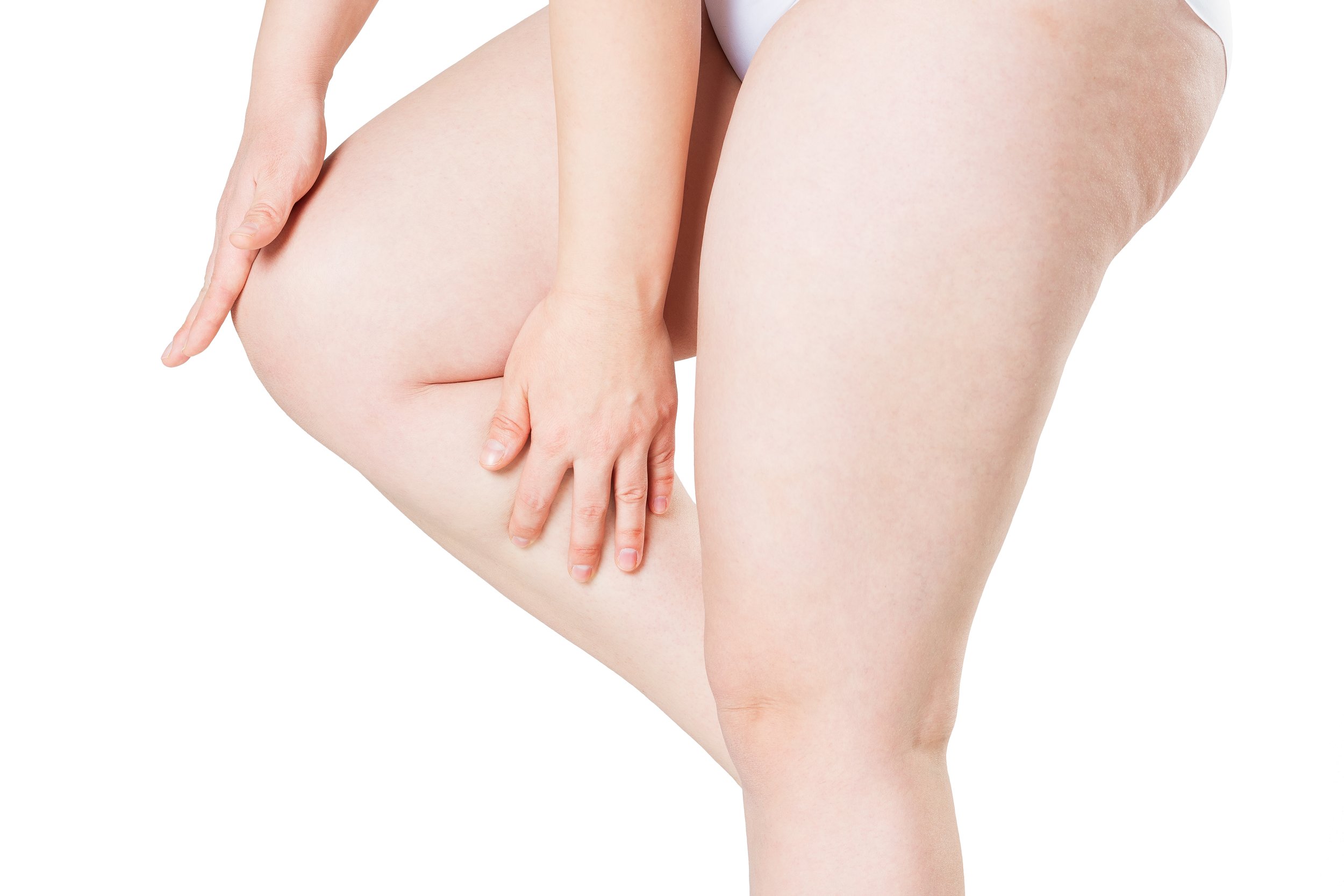
Lipoedema
Lipoedema is a painful disorder which typically leads to a pattern of adipose tissue (fat) accumulation from the hips to the ankles, arms and often other parts of the body. Lipoedema is not widely recognized by health professionals and can be confused with lymphoedema.
Lipoedema is a medical condition, and it can appear in different stages which can worsen with age. Progression of lipoedema may not always occur, and each person will progress at a different rate. Lipoedema can progress into what is known as Lipo-Lymphoedema.
Symptoms of Lipoedema
The following symptoms are characteristics of lipoedema:
The waist is small in proportion to thighs, buttocks and legs
The legs are enlarged bilaterally, arms too can be affected
Feet and hands are exempt, and a ‘bracelet’ effect can appear just above the ankles and wrists
Legs/arms can be extremely painful, even to touch
Affected limbs bruise easily
The fat is soft to touch and wobbly, while skin can be cold to touch
Condition worse with hot weather
Diet and exercise can have minimal effect on size
Increase in lipoedema is often noticed when significant hormonal changes occur such as puberty, child birth and menopause.
Skin can have a cellulite like appearance
Skin on the legs and buttocks can be cold to touch
How do we treat Lipoedema?
Lipoedema is a chronic condition with unknown cause, this means that treatment is aimed at addressing the symptoms associated with Lipoedema.
The following are treatments that can be used in the management of Lipoedema:
Massage – known as Manual Lymphatic Drainage (MLD)
Compression therapy
Deep breathing
Exercise
Healthy eating
Surgical intervention
Image: Lipoedema Australia
What can I do if I suspect I have Lipoedema?
If you suspect you have lipoedema, ensure to discuss this with your physiotherapist at The Restore Clinic. Your physiotherapist can help guide you with a treatment/management plan and assist you in discussing your concerns with your GP.


